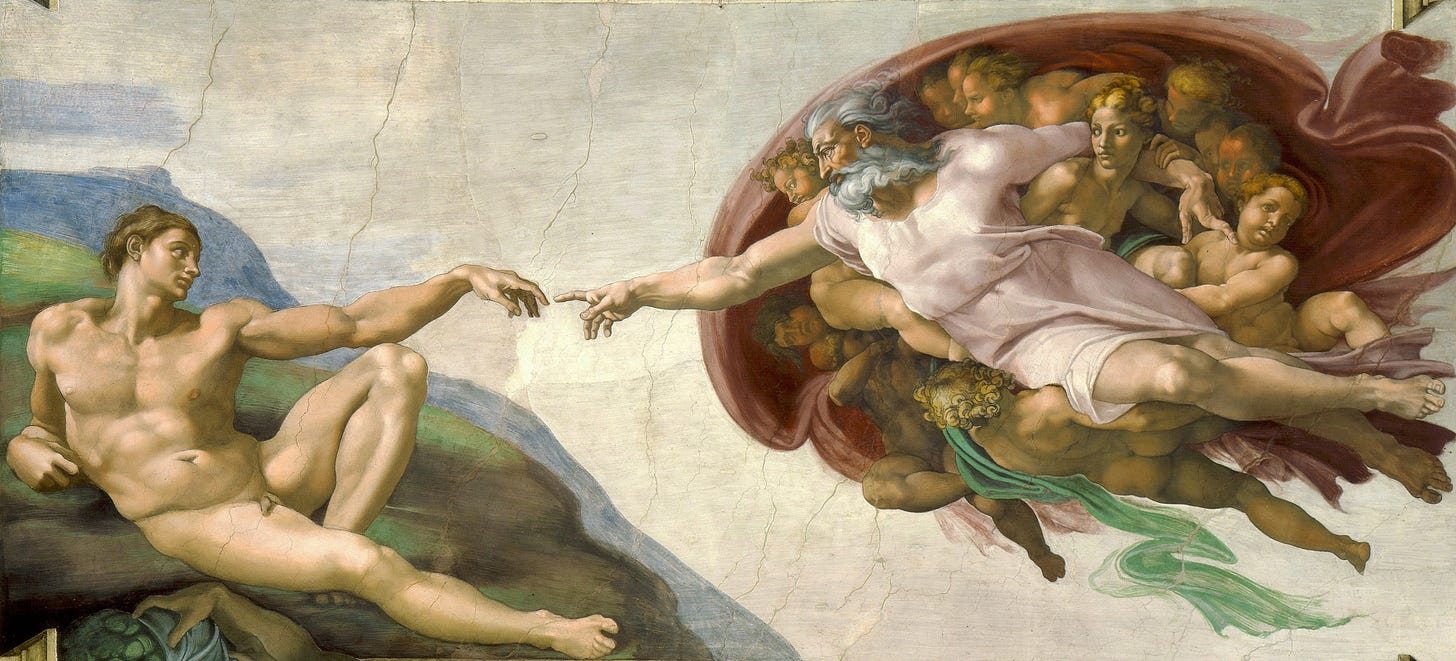
“Possessions, outward success, publicity, luxury—to me these have always been contemptible. I believe that a simple and unassuming manner of life is best for everyone, best both for the body and the mind." — Albert Einstein, 1931
Have you noticed how we seem to have turned a corner on influencers?
We used to hear about influencers all the time (don’t get me wrong—we still do), but now there’s a new term in town: creators.
The “creator economy” is at the core of many things: cryptocurrency, NFTs, Substack newsletters, videos, and the like.
Aside from some of the digital executions, there’s nothing new here. The so-called “influencers” (more on that with Jason Falls on Timeless Leadership) have always created things. We can thank them in part for the rise of Instagram and TikTok, among other platforms.
But this focus on creators fascinates me because it places our attention not on the individual as much as on the output…
Keep reading with a 7-day free trial
Subscribe to Timeless & Timely to keep reading this post and get 7 days of free access to the full post archives.




